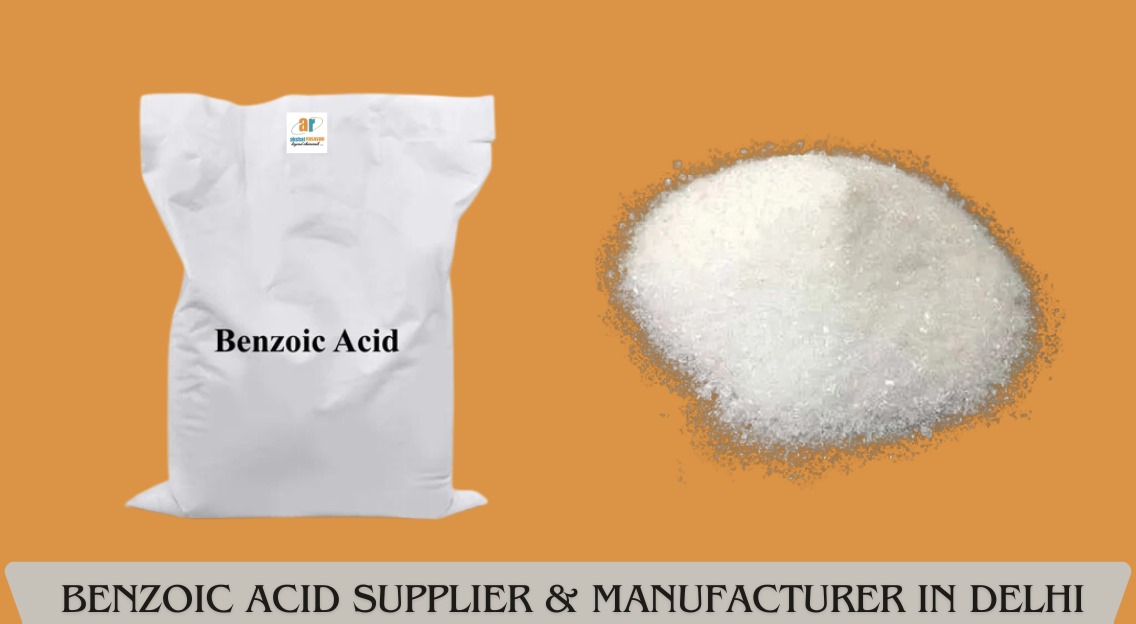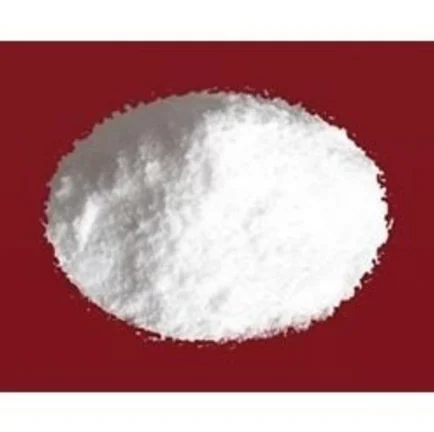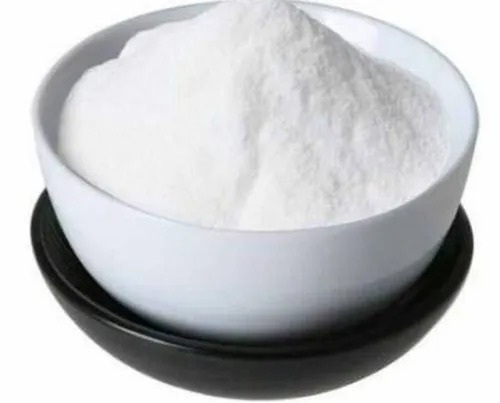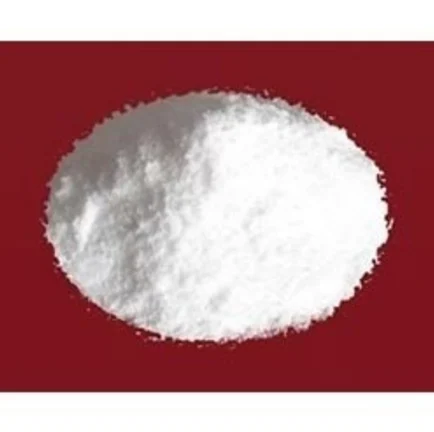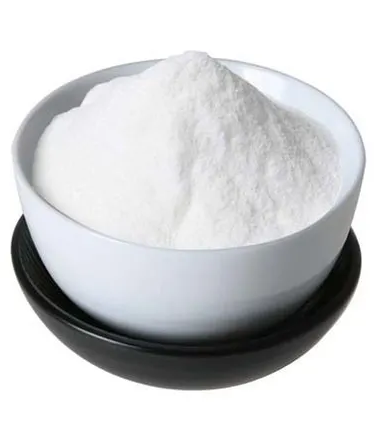 Smart Link Building – DA 50+ Backlinks with Fast Indexing!
Smart Link Building – DA 50+ Backlinks with Fast Indexing!
Dextrose Monohydrate in Food: A Sweet Supporter Behind the Scenes
Written by Akshat » Updated on: June 17th, 2025

When browsing food labels, the ingredient list often includes components you may not recognize at first glance. One such unsung hero is dextrose monohydrate. Though less talked about than table sugar or high-fructose corn syrup, dextrose monohydrate plays a vital role in a wide array of food products. From bakery items to beverages and nutritional supplements, this ingredient provides not just sweetness but also functionality.
Understanding Dextrose Monohydrate
Dextrose monohydrate is a crystalline form of glucose — a simple sugar derived from natural starches, typically corn in the United States. It includes one molecule of water per molecule of glucose, hence the term "monohydrate." It is white, odorless, and mildly sweet, with excellent solubility in water. Its high level of purity and fast absorption make it highly desirable in the food and beverage industry.
Unlike table sugar (sucrose), dextrose is composed of only glucose. It’s less sweet, giving food scientists more flexibility in balancing flavors without overwhelming the palate.
Key Functions in Food Products
Dextrose Monohydrate is prized not just for its sweetness, but for its many functional roles. Here are the major applications where it shines:
1. Baking and Confectionery
Dextrose is extensively used in baking for its fermentation support and browning properties. It feeds yeast more efficiently than other sugars, making it essential for leavened breads. During baking, it aids in the Maillard reaction, the chemical process that gives baked goods their golden color and rich aroma.
In confectionery products like candies, gummies, and chocolates, dextrose helps control sweetness and crystal formation, resulting in better texture and shelf stability.
2. Processed and Packaged Foods
In ready-to-eat meals, sauces, seasonings, and canned goods, dextrose acts as a flavor enhancer and preservative. It helps balance acidity in foods, stabilize color, and prevent microbial growth by reducing water activity — a crucial factor in extending shelf life.
3. Beverages and Sports Nutrition
Dextrose Monohydrate is a go-to ingredient in sports drinks and recovery formulas. Its high glycemic index ensures that it's rapidly absorbed into the bloodstream, providing quick energy after intense physical activity. Athletes use it to replenish glycogen stores and aid in muscle recovery.
In energy drinks, it combines well with other carbohydrates and electrolytes to create hydrating, energizing formulas.
4. Fermented Products
Dextrose is a perfect fermentation agent. In the production of items like yogurt, sour cream, and kombucha, it serves as a reliable carbohydrate source for fermenting bacteria, leading to consistent results and flavor development.
5. Dairy and Ice Cream
In dairy products, dextrose improves texture and taste. In ice cream, it helps lower the freezing point, making the product smoother and creamier. It also balances out the flavors in yogurts and flavored milks, enhancing palatability without over-sweetening.
6. Dry Mixes and Blends
In dry powder mixes — like instant soups, powdered drinks, and seasonings — dextrose serves as a carrier and bulking agent. It ensures even distribution of active ingredients and prevents clumping.
Why Dextrose Monohydrate is Preferred
Quick Energy Source: Ideal for those needing rapid energy replenishment, such as athletes or patients with low blood sugar.
Versatile Use: Functions as a sweetener, preservative, fermentation agent, and texture enhancer.
Natural Origin: Derived from corn or other starches, it's a plant-based option that fits many dietary profiles.
Mild Sweetness: Allows better control over flavor profiles compared to more intense sweeteners.
Easily Digestible: Breaks down quickly in the body, making it suitable for people who need quick glucose absorption.
Stable and Consistent: Offers high purity and dependable performance across different food matrices.
Is It Safe?
Yes, Dextrose Monohydrate is considered safe by global regulatory bodies such as the FDA and EFSA. It’s often used in both food and pharmaceutical applications, which speaks to its wide acceptance and reliability. That said, it should be consumed in moderation, especially by individuals managing blood sugar levels.
Conclusion
Dextrose monohydrate might not be a household name, but it’s an essential part of many foods we consume daily. Its contribution goes far beyond sweetness — enhancing texture, extending shelf life, supporting fermentation, and even boosting physical performance. Whether you're biting into a perfectly browned piece of bread, sipping a sports drink, or enjoying your favorite dessert, chances are Dextrose Monohydrate had a hand in making it just right.
As food science continues to evolve, ingredients like this remain vital to crafting products that are not only delicious and appealing but also safe and effective. In short, Dextrose Monohydrate is the quiet but critical ingredient that helps bring the modern food experience to life.
Note: IndiBlogHub features both user-submitted and editorial content. We do not verify third-party contributions. Read our Disclaimer and Privacy Policyfor details.
Copyright © 2019-2025 IndiBlogHub.com. All rights reserved. Hosted on DigitalOcean for fast, reliable performance.


